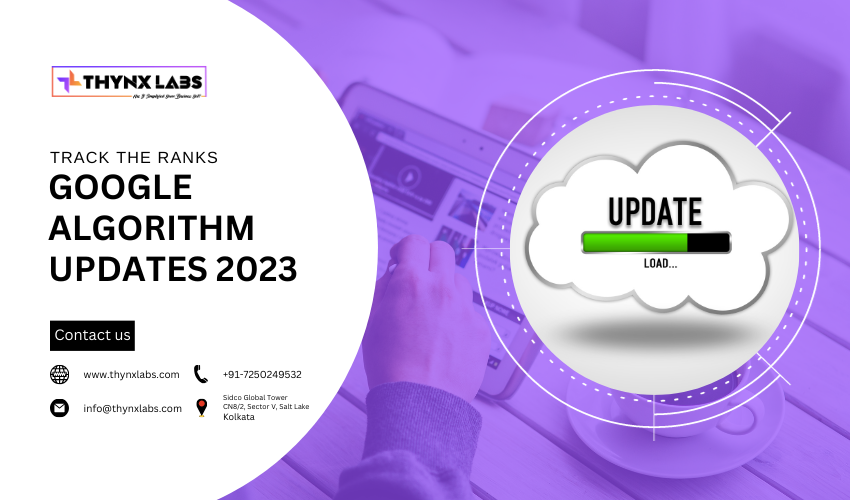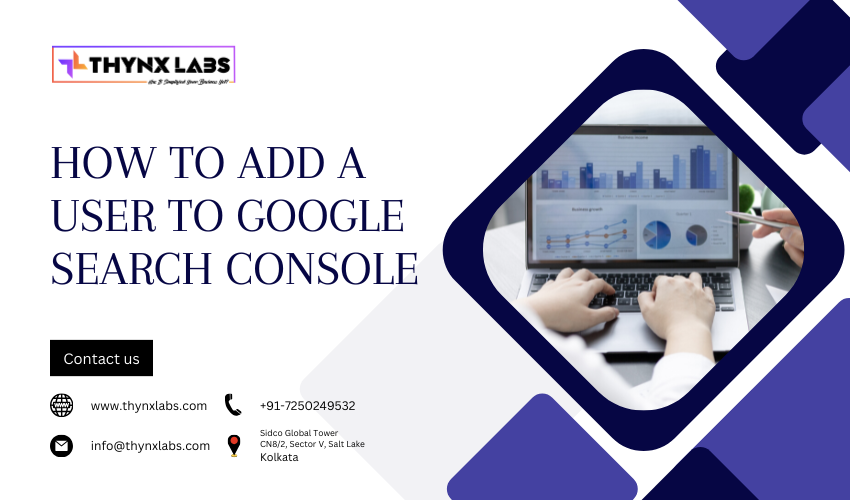A Beginner-friendly Guide to E-A-T and Why Does It Matter to Google?
Introduction:
In the world of search engine optimization (SEO), understanding Google's ranking factors is crucial. One such factor that holds significant importance is E-A-T, which stands for Expertise, Authoritativeness, and Trustworthiness. Google considers E-A-T when evaluating the quality and reliability of web content. This beginner-friendly guide will explain what E-A-T is, why it matters to Google, and how you can improve your website's E-A-T signals to enhance your search engine visibility and credibility.
1. What is E-A-T?
- Definition of E-A-T and its significance in SEO.
- Each component explained: a. Expertise: Demonstrating knowledge and expertise in your content niche. b. Authoritativeness: Establishing authority through credible sources, backlinks, and industry recognition. c. Trustworthiness: Building trust with users by providing accurate, reliable, and transparent information.
2. Why does E-A-T matter to Google?
- Google's mission to deliver high-quality and relevant search results.
- E-A-T as a means to evaluate content quality and credibility.
- E-A-T's role in combating misinformation and low-quality content.
- Importance of E-A-T for YMYL (Your Money or Your Life) websites and sensitive topics.
3. How does Google assess E-A-T? (250 words)
- Core algorithm updates: Google's major updates (e.g., Medic, YMYL, and Page Quality) prioritize E-A-T.
- Quality Raters Guidelines: Human evaluators use guidelines to assess the quality and relevance of web content.
- Algorithmic signals: Google employs various signals to gauge E-A-T, including backlinks, site reputation, brand mentions, social signals, user reviews, and more.
- E-A-T and off-page factors: The importance of high-quality backlinks from authoritative sources to improve E-A-T.
4. Improving E-A-T signals on your website (300 words)
- High-quality content: Create comprehensive, accurate, and well-researched content to showcase expertise.
- Author bios and credentials: Highlight the qualifications, experience, and expertise of authors.
- Credible sources and references: Support your claims with reputable sources and link to authoritative websites.
- User-generated content: Encourage user reviews and testimonials to demonstrate trustworthiness.
- Expert contributors and collaborations: Collaborate with industry experts and influencers to enhance credibility.
- Brand reputation management: Monitor and manage online reviews, ratings, and mentions to build trust.
- Backlink strategy: Seek high-quality backlinks from authoritative websites to boost authoritativeness.
- Transparent website information: Provide clear and accurate details about your organization, including contact information, privacy policies, and terms of service.
Conclusion
- E-A-T is a crucial consideration for website owners and digital marketers.
- By focusing on expertise, authoritativeness, and trustworthiness, you can improve your website's search engine visibility and credibility, ultimately delivering value to users and satisfying Google's ranking criteria.
FAQ's
Q. What types of websites do E-A-T matter for?
E-A-T is particularly important for YMYL (Your Money or Your Life) websites and pages that provide information related to health, finance, legal matters, or other topics that directly impact users' well-being, safety, or financial stability.
Q. Does E-A-T only apply to written content?
No, E-A-T applies to various types of content, including written articles, blog posts, videos, podcasts, infographics, and more. The key is to ensure that the content demonstrates expertise, authoritativeness, and trustworthiness regardless of the format.
Q. Can small businesses or individuals establish E-A-T?
Yes, small businesses and individuals can establish E-A-T. It's important to showcase your expertise through high-quality content, authoritative references, and credible sources. Building a reputation through positive user reviews, testimonials, and collaborations with recognized experts can also contribute to establishing E-A-T.
Q. How long does it take to improve E-A-T signals?
Improving E-A-T signals is an ongoing process that takes time. It requires consistently producing high-quality content, building reputable backlinks, establishing industry connections, and delivering value to users. The timeline for seeing improvements in E-A-T signals can vary depending on the competitiveness of your industry, the quality of your efforts, and other factors.
Q. Is E-A-T the only factor that Google considers for ranking?
No, E-A-T is just one of many ranking factors that Google considers. While it is important, Google's ranking algorithm evaluates numerous other signals, such as relevance, user experience, website performance, mobile-friendliness, and more. E-A-T is particularly crucial for certain types of content and industries, but it should be seen as part of a holistic SEO strategy.
Q. Can E-A-T be measured or quantified?
Google does not provide a specific E-A-T score or metric. Instead, it assesses E-A-T through a combination of algorithmic signals and human evaluation (Quality Raters Guidelines). It's important to focus on enhancing your expertise, authoritativeness, and trustworthiness across various aspects of your website and content to improve E-A-T signals.
Q. Does E-A-T affect local businesses and local search rankings?
Yes, E-A-T can affect local businesses and their search rankings. Local businesses should focus on demonstrating their expertise, building a positive reputation through online reviews, and establishing authority in their specific location or industry. This can contribute to improved local search visibility and credibility.


